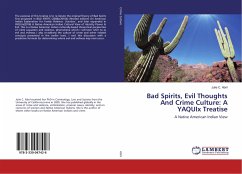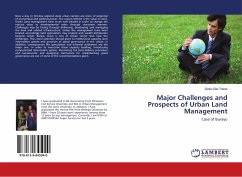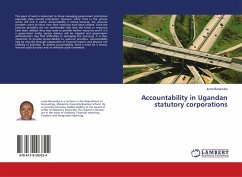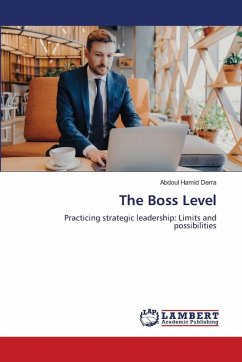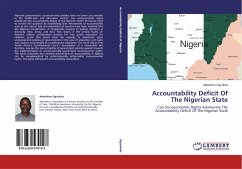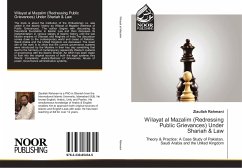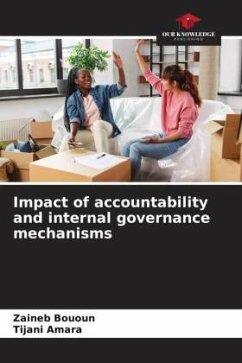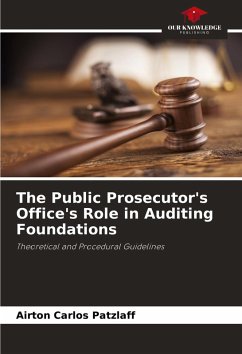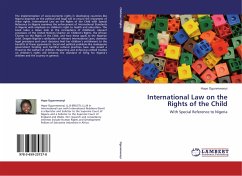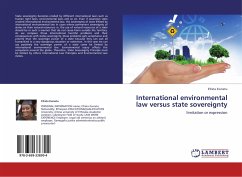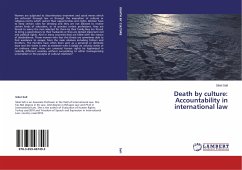
Death by culture: Accountability in international law
Versandkostenfrei!
Versandfertig in 6-10 Tagen
32,99 €
inkl. MwSt.

PAYBACK Punkte
16 °P sammeln!
Women are subjected to discriminatory treatment and social mores which are enforced through law or through the imposition of cultural or religious norms which restrict their opportunities and rights. Women have to keep certain rules for dressing and they are not allowed to receive certain kinds of education, or to practice certain professions, they are forced to marry the man selected for them by their family,they are forced to bring a good dowry to their husbands or they are denied important civil and political rights. And in many countries they are killed with the reason of disobedience. Tho...
Women are subjected to discriminatory treatment and social mores which are enforced through law or through the imposition of cultural or religious norms which restrict their opportunities and rights. Women have to keep certain rules for dressing and they are not allowed to receive certain kinds of education, or to practice certain professions, they are forced to marry the man selected for them by their family,they are forced to bring a good dowry to their husbands or they are denied important civil and political rights. And in many countries they are killed with the reason of disobedience. Those women who fear this threat are sometimes able to find assistance to escape from the male relatives including fathers and brothers. The murders have often been seen as a personal or domestic issue and the victim is seen as someone who is simply an unlucky victim of an ordinary crime. How can universal human rights be legitimized in radically different societies without succumbing to eitherhomogenizing universalism or the paralysis of cultural relativism?



